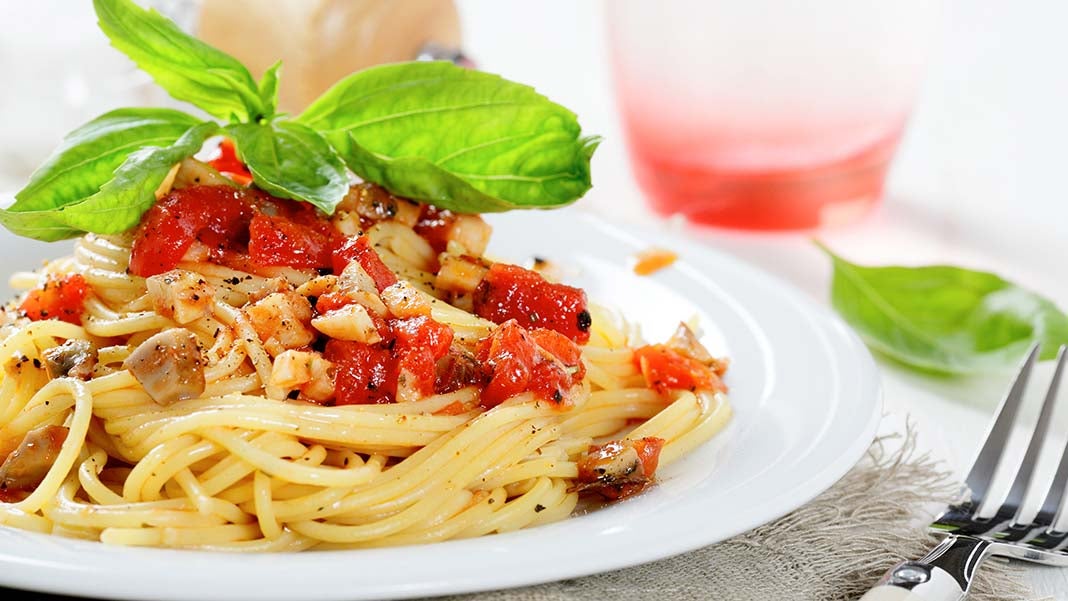
There are new food blogs popping up every day, but without the drive and passion needed to make it work, many are left in the dust. Whether you’re writing a food blog for pleasure, with the hopes of earning some money or if you’re aiming to be the next “foodepreneur,” there are some things you can do to ensure your blog will come up smelling of roses.
Know your food – Well!
Finding your niche in the food blogging market and carving a place out for yourself is the essence of blogging. Perhaps you’re nuts for coffee or maybe you’re all about the desserts? Either way, find your focus and figure out what you can offer a potential readership. Even if you like a bit of everything, it’s important to develop your own style of writing and develop a particular avenue of food blogging you’re interested in. For example:
- Student cooking – It’s common knowledge that students have to survive on a budget, and with millions of students at universities around the world, that’s a lot of potential readers on hand!
- Healthy living – Many people are waking up to the fact that supermarket food isn’t as healthy as it’s cracked up to be. With a growing audience and a loyal readership, organic and vegan blogs are all the rage these days.
- Budget recipes – it’s not only the students that need to cook on a budget, many people love the idea of cooking delicious food on a budget, so pander to this minority!
Champion Quality
Quality trumps quantity every time. Of course you’ll want plenty of content, but if you keep churning out half-baked ideas and bland morsels of copy, not many people will want to stick around long. Make sure your content is as succulent as your food, something that your readers can really get their teeth into!
Why not try and find an angle on things previously done before—such as how many ways can you re-do the classic brownie? People love it when things are re-invented. I mean, just look at Pokémon Go and you’ll see there’s proof in the pudding.
Visual Appeal
Food is a sensual treat, designed to stimulate as many senses as possible; therefore your blog also needs to be able to stimulate these senses. Though we are now able to send smells over the internet, the vast majority of your readers can’t smell your food through their screen, so it’s important to convey this through another medium.
- Photos, photos, photos! Making sure they are good quality with plenty of light will appeal much more to readers than a grainy, pixelated image of your latest recipe and will make people much more likely to share.
- Try different, artistic shots. Make sure you have a camera with a decent lens and don’t be afraid to learn some Photoshop!
- Include practical shots for explaining cooking methods. Many people enjoy a visual aid alongside a cooking method so again; make sure to use plenty of images.
- Images need to be clean, well presented and of a high quality.
Attend those Food conventions!
Get out to as many food events as you can. There’ll be professionals you can talk to and possibly interview, as well as food to try and recommend to your readers. Attending trade shows and food festivals can also give you ample content to offer to your readers!
You can also report on the up and coming ideas in the culinary world if you go out to the places where they’re on display. Ask your local newspaper if you can go on their behalf; the more press contacts you can build up by reporting on food events, you more access you’ll eventually get to further events.
Earn some Dough
It can be difficult earning money from your blog, especially if you’re having a hard time building a base of loyal readers. It is advised to build a readership first, as the more traffic you have, the easier it will be to attract brands to your site. Here are a few of the usual ways to monetize your blog:
- Sponsored content – having brands reach out to you is often exciting, getting paid from them is more so! Remember to keep your content fresh and not too advertorial as it needs to appeal to your readers first and foremost. I know it is the brand paying you, but you should never sacrifice reader quality for any brand, and any self-respecting brand shouldn’t ask you too!
- Advertising space – selling ad space to relevant brands can offer you a steady stream of income, especially when you supplement this income stream with sponsored content and other sources of revenue. When it comes to advertising, your numbers matter so it’s important that your prices match your average monthly visitors otherwise your ad clients will not get a decent return.
- Affiliate links – food blogs are a prime candidate for affiliate links. For those who aren’t aware, many companies offer an affiliate program where you link to one of their products, and then anyone who purchases through the link earns you a percentage commission on the sale of that product. Simple!
Again, the higher your traffic, the more profitable it is likely to be.
Become a Critic
Got an opinion on food? Blog it! Why not try out the well-known restaurants and cafes around your local area, as well as further afield? You might also seek out the lesser-known ones; after all, you never know where there might be a culinary gem hiding off the high street.
- Attending restaurant opening nights are a great way to report on your local food scene
- Interviews with well-known chefs and restaurateurs make great blog content
- Unusual dishes are always likely to pique reader interest—therefore don’t stop blogging when you go on holiday!
If you can build up a regular review section of your blog, you can build up a reliable reputation with your readers. Even if you post a negative review, so long as you can justify your opinion it will make good reading and offer valuable opinion. Why not go one further and turn one cafe’s failure into an idea for how you would improve it? You’ve got a new post right there.
Keep on top of those Trends
This is where social media comes in very handy. Tumblr, Instagram and Twitter are among just a few of the channels that have trending 24/7. Put aside a little of your blogging time to check social media platforms:
- Breaking news on popular restaurants
- The latest culinary craze
- New inspiration for recipes
- Artistic food pictures to share
- Contact and interact with your readers
Only the best will do
Don’t settle for second best in terms of what you write or the ingredients you use. Food blogging is not a cheap niche, so you are likely to have to spend money. But make it count in the posts you write and aim to monetize your food blog eventually!
- Take time to design a beautiful layout to your blog.
- A time honored technique is to take ordinary ingredients and make something fancy or different with them.
- If you’re going to Tweet about McDonald’s or fast food, make sure they are in good taste with your readers!
Food blogging is not cheap, but it can definitely rewarding. Not only are you using your creativity, but you develop skills in so many areas from writing to cooking to researching. So get out there, get tasting and keep writing!
 Author: Mark Johnson loves food and also enjoys helping bloggers reach their full potential online.
Author: Mark Johnson loves food and also enjoys helping bloggers reach their full potential online.
2642 Views












